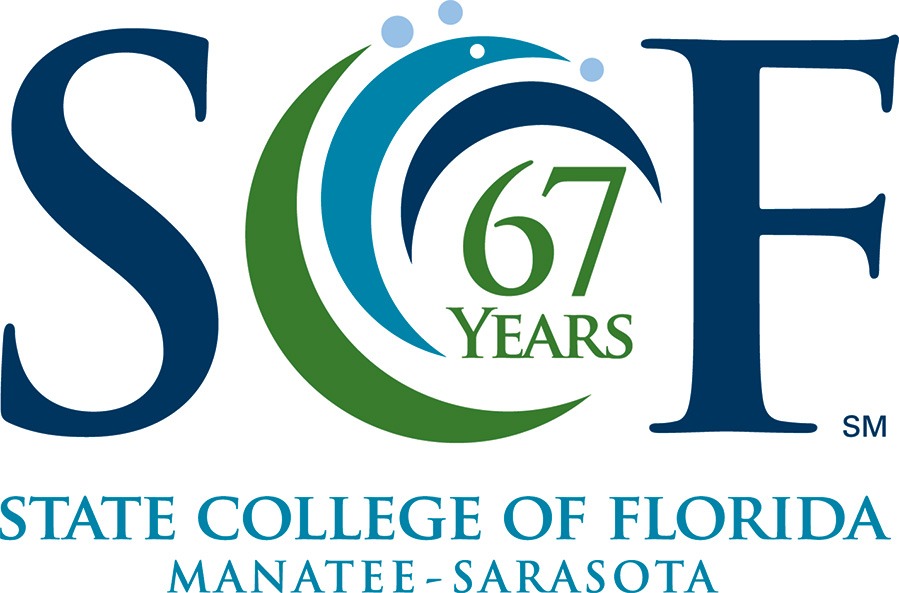Institutional Compliance and Reporting

What is Compliance?
Within higher education, institutions must follow, or rather, “comply” with, the myriad of laws and rules to which colleges and universities are subject. This is not just limited to federal and state laws and regulations. Compliance for a higher education institution also means following relevant case law, accreditation standards, as well as an institution’s own internal rules, and procedures, and even contractual obligations of the institution.
Purpose of Office of Institutional Compliance.
The purpose of Office of Institutional Compliance is to deploy a compliance program at all levels of the College that is in congruence with the College’s mission and strategic goals. The compliance program establishes and maintains a centralized organizational structure that promotes a culture of ethical behavior, and reduces the risk of non-compliance with laws, regulations, and College procedures.
Each department at State College of Florida is responsible for monitoring applicable requirements to develop and maintain appropriate policies and procedures and communicate these policies and procedures to their constituents. However, the Office of Institutional Compliance seeks to implement a formal, documented and uniform approach to coordinate, monitor and, when appropriate, improve the array of compliance functions that already exists at the college.
While faculty, staff and students ultimately assume responsibility for conducting their operations within the law and with the highest ethical standards, the Office of Institutional Compliance, in partnership with designated representatives from key functional areas and ad hoc committees, coordinates the institutional responsibilities to comply with federal/state/local laws and regulations.
What are the primary functions of the Office of Institutional Compliance?
At its core, the primary function of the compliance program is to protect SCF by detecting and preventing improper conduct and promoting adherence to our College’s legal and ethical obligations. SCF has designated the Director of Institutional Compliance and Reporting to ensure the effective implementation of the compliance program; however, every College community member has a role to play in ensuring that SCF meets its compliance responsibilities. The Office of Institutional Compliance assists in:
- Implementing written policies, procedures and standards of conduct.
- Providing effective training and education.
- Developing effective lines of communication.
- Enforcing standards through well-publicized guidelines.
- Conducting internal monitoring and auditing.
- Responding promptly to detected offenses and taking corrective action.
Benefits and Services of the Compliance Program
A Compliance Program should be proactive, not reactive. It helps the College understand the compliance obligations and risks, so that an institution can proactively make efforts to mitigate them in a consistent and proactive way before a crisis arises.
Compliance can help an institution avoid monetary loss, and the financial and legal penalties that result from non-compliance and damage to an institution’s reputation.
Our services include:
- Compliance training.
- EthicsPoint—a third party hosted hotline—which enables safe, secure, and anonymous reporting of activities which may involve misconduct, fraud, abuse and other violations of SCF procedures.
- Student Consumer Information.
- Providing guidance for specific activities and transactions so that we act in accordance with College rules and procedures.
- Monitoring, auditing and evaluating program effectiveness.
- Risk assessment.
- Developing remedial measures when/if non-compliance is detected to prevent further similar instances from occurring in the future.
The Office of Institutional Compliance and Reporting is available to answer policy questions, assist you in avoiding compliance risks and help you meet your compliance responsibilities. If you have questions about following the ethical course of action or need guidance for a specific situation please contact us.



